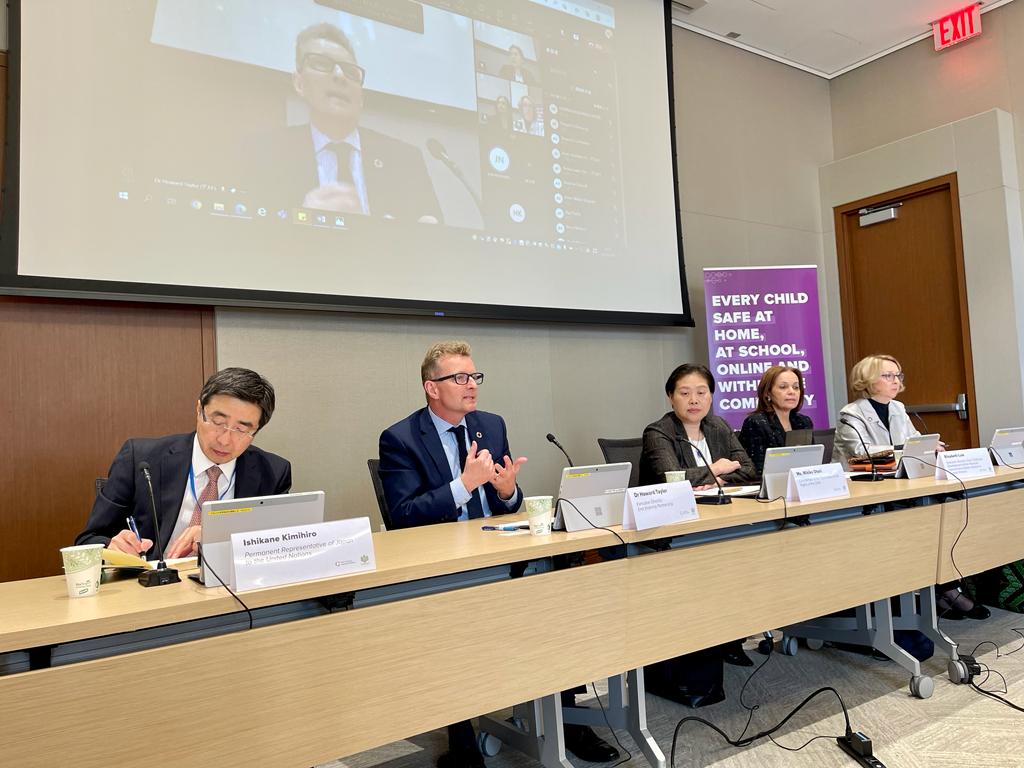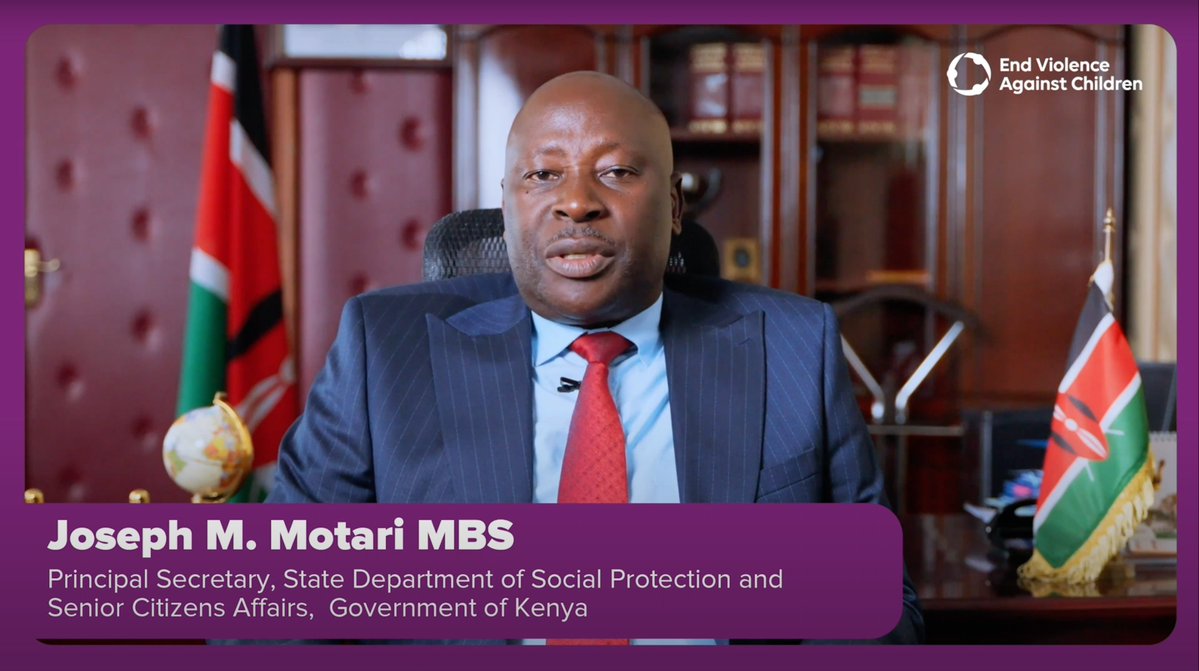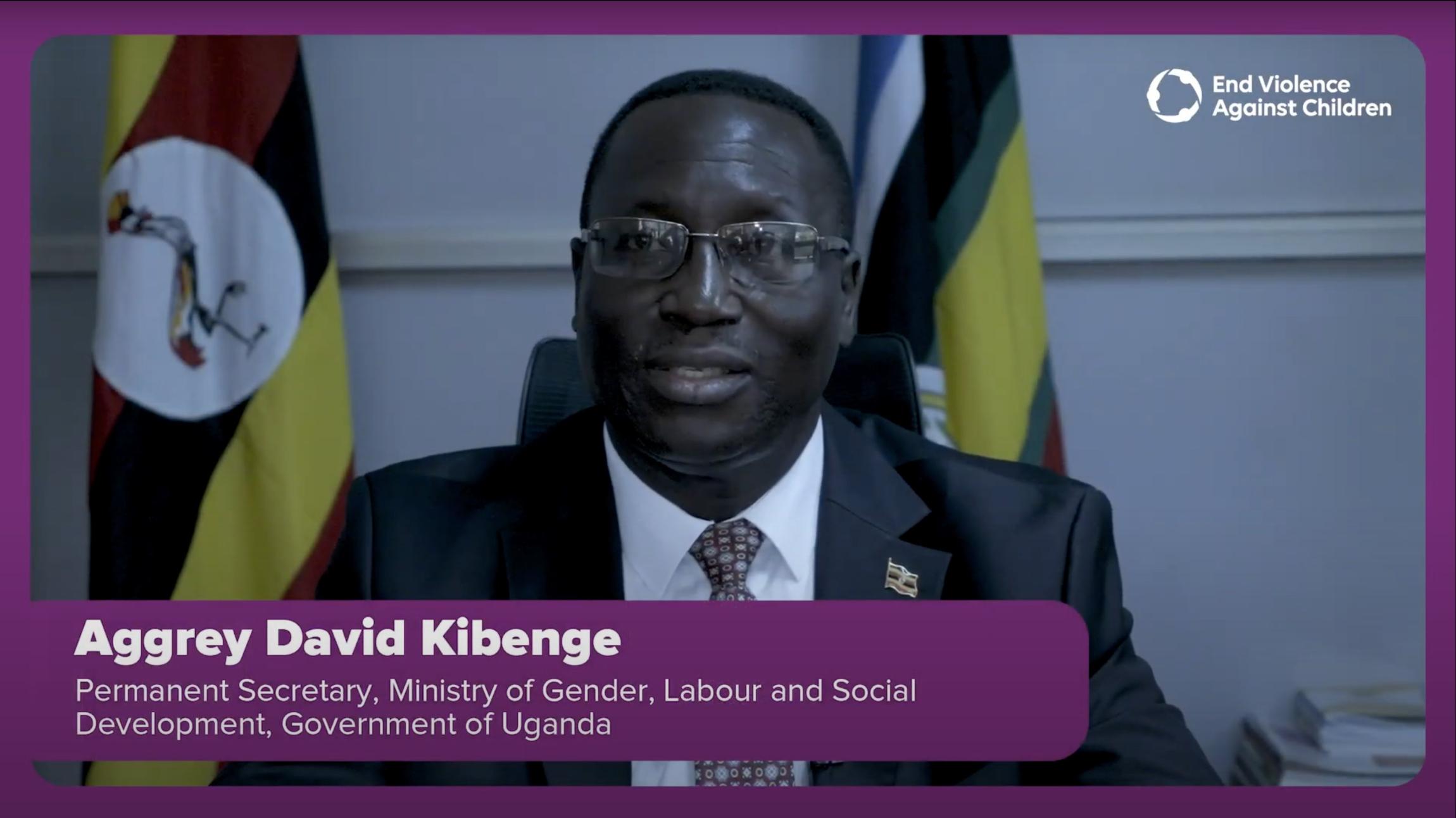
From left to right - H.E. Mr. Kimihiro Ishikane, Permanent Representative of the Japanese Mission to the United Nations, Dr. Howard Taylor, Executive Director, End Violence Partnership, Ms. Mikiko Otani, Chairperson of the Committee on the Rights of the Child, Elizabeth Lule, Executive Director, Early Childhood Development Action Network and Moderator Sally Burnheim, Deputy Director, End Violence Partnership at the high level dialogue in New York.
On 1 March 2023, the Permanent Mission of Japan to the United Nations and End Violence Partnership hosted the High-Level Dialogue ‘Domestic Action and Global Leadership to End Violence Against Children’. Convening in-person in New York and online, this dialogue provided a space to share progress on international collaboration as well as domestic action for SDG 16.2 and discuss what is needed to accelerate progress to end violence in 2023 and beyond.
The discussion by the speakers explored the state of progress in the face of intersecting crises, the importance of supporting parents and caregivers and the need and mechanisms for international cooperation, such as the delivery of the G7 Action Plan on child sexual exploitation and abuse.
In his opening remarks, H.E. Mr. Kimihiro Ishikane, Permanent Representative of the Japanese Mission to the United Nations, highlighted the efforts that Japan has taken to ensure safe environments for children – both domestically and internationally. He elaborated on the country’s child-centred policies and action plans as a Pathfinding country. See more about their efforts here. He stressed Japan’s ongoing commitment to international leadership, highlighting the country’s investments as a donor for parenting programs to protect children from the impacts of COVID-19 in two fellow End Violence Pathfinding Countries: Kenya and Uganda. “Safe parenting is key to reducing violence, abuse and exploitation,” he said, spotlighting Japan’s contribution to improving scalable knowledge and skills to support parenting programmes within countries.
Government and UNICEF representatives from Kenya and Uganda shared progress and learnings as a result of positive parenting programmes supported by the Government of Japan and the End Violence Partnership.
You can find out more by hearing directly from Aggrey David Kibenge, Permanent Secretary, Ministry of Gender, Labour and Social Development, Government of Uganda, who was joined by Dr. Mohamed El Munir A. Safieldi, UNICEF Representative to the Republic of Uganda, (watch here) and from Joseph M. Motari MBS, Principal Secretary, State Department for Social Protection and Senior Citizen Affairs, Ministry of Labour and Social Protection, Government of Kenya, joined by Yoko Kobayashi, Child Protection Specialist, UNICEF Kenya (watch here).


Dr. Howard Taylor, Executive Director, End Violence Partnership, highlighted the important roles of Pathfinding countries to stimulate leadership commitment and develop policies and programmes for action. Dr. Taylor reflected upon the pivotal couple of years ahead for the end violence community to build on global momentum and unlock new sources of funding, highlighting the important opportunity to work with and support G7 governments to accelerate delivery of the G7 leaders’ commitment to prevent and combat sexual exploitation and abuse globally. “We know enough about what works to end violence against children. Leaders are making commitments and taking action. Now we need to make a case for investment,” he stressed.
We know enough about what works to end violence against children. Leaders are making commitments and taking action. Now we need to make a case for investment
Elizabeth Lule, Executive Director, Early Childhood Development Action Network who represented the Global Initiative to Support Parents drew out the critical role parents and caregivers play in keeping children safe and made the case for better investment to support these critical actors in children’s lives. Ms Mikiko Otani, Chairperson of the Committee on the Rights of the Child stressed the centrality of Child-rights based approach towards SDG 16.2.
Children need to be not only protected, but also empowered
Ms Otani said that to end violence, root causes such as poverty, inequality, social norms and needs of parents must be addressed. She added that collaboration between countries – connecting and sharing knowledge through international cooperation is really the key. “If countries want to implement CRC fully they need cooperation,” she said.
You can learn more about Pathfinding countries here and the summary of parent-support activities and achievements in Kenya and Uganda as a result of Japanese Government Humanitarian support here.